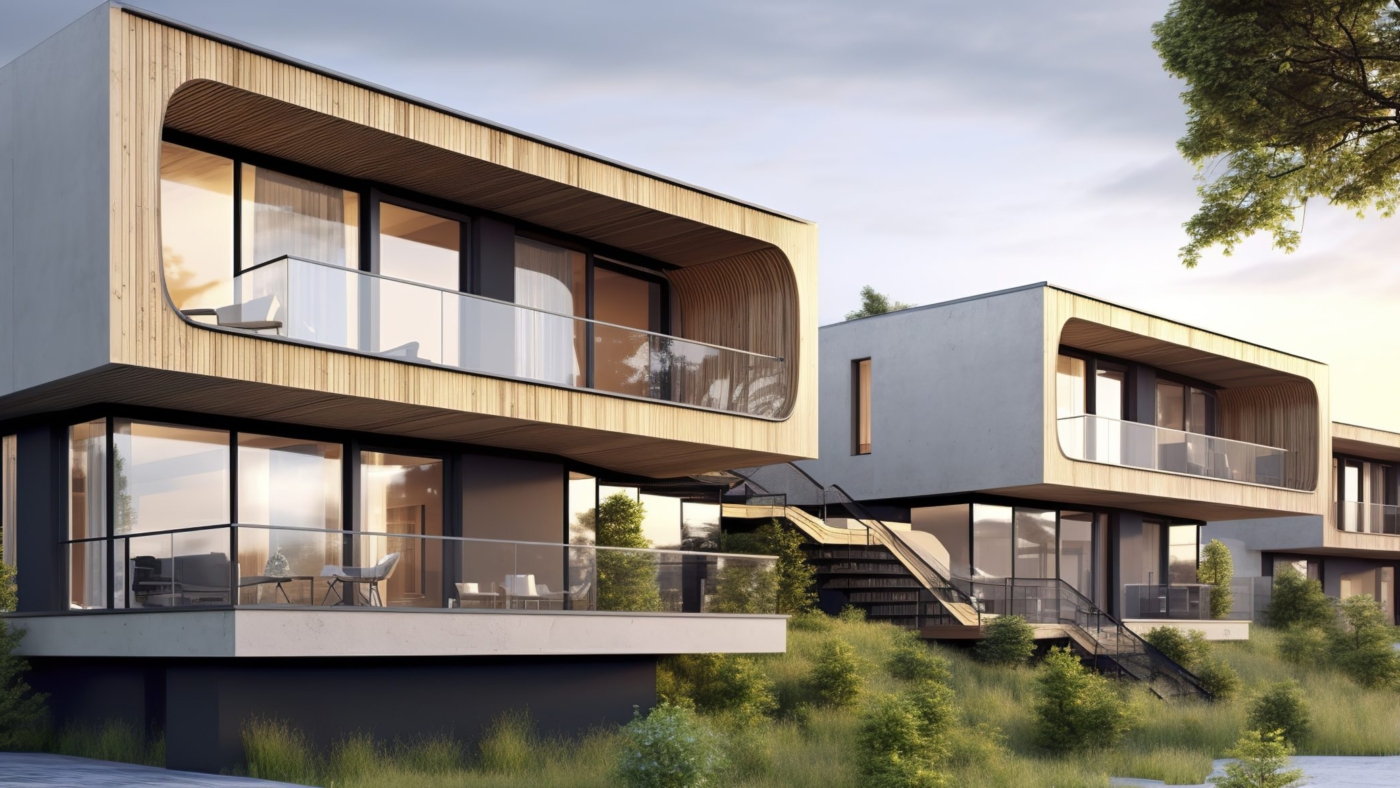Duplex vs. Townhouse: Which Home Fits Your Lifestyle Best?
Key Takeaways
- Duplexes feature two separate living units, offering privacy and potential rental income.
- Townhouses are connected homes within a community, often providing shared amenities and lower maintenance responsibilities.
- Choosing the right option depends on your budget, lifestyle preferences, and willingness to manage upkeep or rental responsibilities.
If you’re exploring your housing options, duplexes and townhouses might seem similar at first glance—but the differences can significantly impact your lifestyle, finances, and long-term goals. Understanding what sets these homes apart can help you make a choice that fits your needs, whether you’re eyeing a duplex in Portland, OR for income potential or a townhouse in Katy, TX for low-maintenance living.
What Is a Duplex?
A duplex is a single building divided into two separate living units, each typically with its own entrance, kitchen, and utilities. Units can be side-by-side or stacked one atop the other. This setup gives homeowners more privacy compared to apartments or townhouses.
Duplexes are especially appealing for those who want extra space or the option to generate rental income. Many owners live in one unit while renting out the other, helping offset mortgage costs.
Advantages of a Duplex:
- Potential to earn rental income while living in the other unit
- Greater privacy than apartments or townhouses
- Full control over maintenance without HOA restrictions
- Qualifies for residential financing if you occupy one unit
Challenges of a Duplex:
- Responsibility for maintaining both units
- Possible vacancy periods if one unit is rented
- Higher upfront costs and more complex property management
What Is a Townhouse?
A townhouse is part of a row of connected homes, typically sharing one or two walls with neighbors. Townhouses often have multiple stories, a private entrance, and sometimes a small yard or patio. They’re frequently found in planned communities with shared amenities like pools, fitness centers, and green spaces.
Unlike an apartment, you usually own both the interior and exterior of a townhouse, including the land. However, monthly homeowners association (HOA) fees may apply, covering maintenance for shared areas and community amenities.
Advantages of a Townhouse:
- Lower maintenance thanks to HOA coverage
- Access to community amenities such as pools, gyms, and green spaces
- Predictable upkeep costs through HOA fees
- Often more affordable than detached homes
Challenges of a Townhouse:
- Less privacy due to shared walls
- Monthly HOA fees that vary by community
- Restrictions on exterior modifications or landscaping
Duplex vs. Townhouse: Key Differences
While both are attached single-family homes, they differ in ownership, structure, privacy, and maintenance.
1. Ownership & Layout
- Duplex: One building with two units; you may own both or just one side.
- Townhouse: Individual property within a row; you own your unit and often the land beneath it.
2. Privacy
- Duplex: More private with fewer shared walls and separate entrances or yards.
- Townhouse: Shared walls reduce privacy but offer more quiet than apartment living.
3. Maintenance
- Duplex: Owner handles all maintenance for their unit and possibly shared exterior spaces.
- Townhouse: HOA often manages exterior upkeep, roofing, and landscaping.
4. Cost & Affordability
- Townhouse: Lower purchase price, predictable HOA fees.
- Duplex: Higher upfront costs, but rental income can offset mortgage payments and make it a smart investment.
5. Community & Lifestyle
- Townhouse: Greater sense of community with shared amenities and events.
- Duplex: Offers a more private, residential feel for those seeking quiet living.
Which Option Is Right for You?
Your choice depends on what you value most.
- Duplex: Ideal if you prioritize privacy, space, and rental income opportunities.
- Townhouse: Perfect if you prefer low-maintenance living with access to community features.
Think about long-term goals: duplexes can serve as investment properties, while townhouses offer simpler ownership with fewer responsibilities.
FAQ: Duplex vs. Townhouse
Can I live in one duplex unit and leave the other vacant?
Yes. The second unit can remain unused, serve as guest quarters, or become a home office. Just plan for maintenance, utilities, and taxes during vacancy periods.
Do townhouses have shared utilities?
Most townhouses have separate utilities, though some may share certain services depending on the community.
Which is more affordable: a duplex or a townhouse?
Townhouses usually have lower purchase prices, but duplexes can provide long-term financial benefits through rental income.
Can a duplex qualify for residential financing?
Yes. Duplexes with 2–4 units often qualify for residential mortgages, particularly if you plan to occupy one unit.

